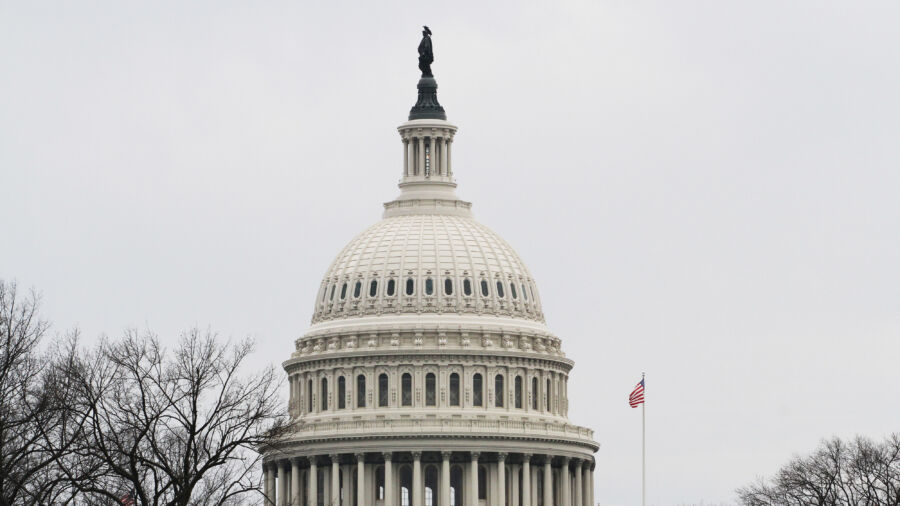The House failed on April 18 to override President Joe Biden’s veto of a regulation his administration enacted surrounding U.S. waters and wetlands.
The final tally was 227–196, short of the two-thirds majority necessary.
The disapproval resolution passed the House on March 9, 227–198, and passed the Senate, 53–43, on March 28. It was passed in accordance with the Congressional Review Act, which allows Congress to strike down regulations within 60 days of passage. Biden vetoed the resolution on April 6.
In his veto message, Biden said that “the 2023 revised definition of ‘Waters of the United States’ carefully sets the bounds for which bodies of water are protected under the Clean Water Act.
“It provides clear rules of the road that will help advance infrastructure projects, economic investments, and agricultural activities—all while protecting water quality and public health.”
He went on to say that repealing the regulation “would threaten economic growth, including for agriculture, local economies, and downstream communities.
“Farmers would be left wondering whether artificially irrigated areas remain excluded or not. Construction crews would be left wondering whether their water-filled gravel pits remain excluded or not. The resolution would also negatively affect tens of millions of United States households that depend on healthy wetlands and streams.”
In June 2021, the Environmental Protection Agency (EPA) and the Department of the Army announced that they would revise what qualifies as “waters of the United States” (WOTUS). The regulation was published in the Federal Register on Jan. 18 and took effect on March 20.
“When Congress passed the Clean Water Act 50 years ago, it recognized that protecting our waters is essential to ensuring healthy communities and a thriving economy,” EPA Administrator Michael Regan said in a Dec. 30, 2022, statement.
“Following extensive stakeholder engagement, and building on what we’ve learned from previous rules, EPA is working to deliver a durable definition of WOTUS that safeguards our nation’s waters, strengthens economic opportunity, and protects people’s health while providing greater certainty for farmers, ranchers, and landowners.”
In the same statement, Assistant Secretary of the Army for Civil Works Michael Connor said: “This final rule recognizes the essential role of the nation’s water resources in communities across the nation. The rule’s clear and supportable definition of waters of the United States will allow for more efficient and effective implementation and provide the clarity long desired by farmers, industry, environmental organizations, and other stakeholders.”
From The Epoch Times

